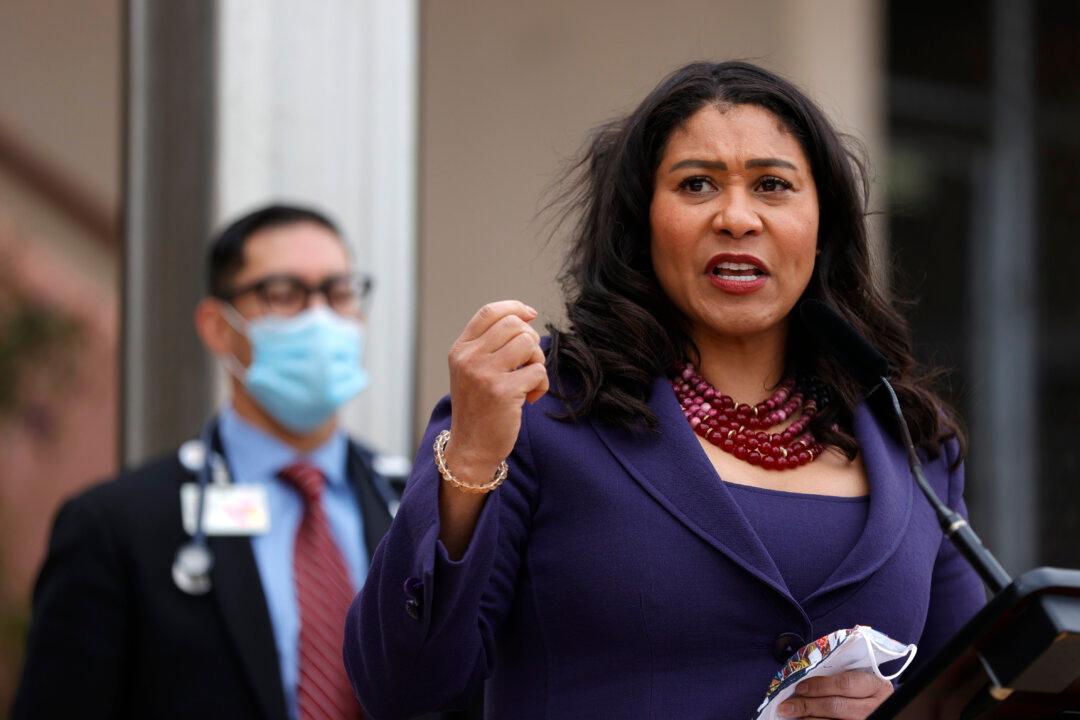After last month’s U.S. Supreme Court ruling that gave cities a green light to enforce laws and clear homeless camps, San Francisco is now crafting policies to allow officials to begin sweeping encampments, according to Mayor London Breed’s July 19 newsletter.
“Our goal is to bring people indoors—camping or living on our streets isn’t safe for our community, residents, and people in need of support,” she said. “San Francisco is a city that prioritizes compassion, and we will continue to lead with services, but we cannot allow for people to refuse services and shelter when offered and available.”





